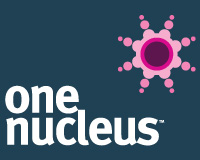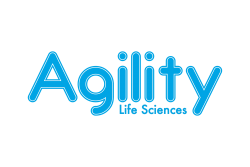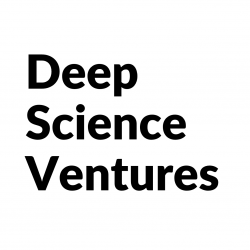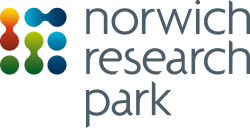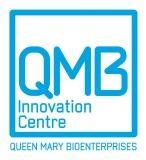The agreement will facilitate understanding of complex relationships between microbiome, food and other factors, including potential causes of health and disease
Eagle Genomics, the Deep Tech software business pioneering the application of network science to biology, and the Quadram Institute, a world-leading institute creating new interfaces between food science, gut biology, and human health, are pleased to announce a new partnership committed to promoting the understanding of microbiome science. Building on the agreement announced in September 2021 with the Earlham Institute, a Norwich-based leader in data-intensive bioscience research, the partnership with the Quadram Institute will involve the sharing of datasets, innovation pipelines and tools to facilitate the understanding of complex microbiome data through Eagle Genomics’ e[datascientist]™ platform.
As scientists’ understanding of the role of the microbiome – the population of trillions of different bacteria and microbes that colonize our tissues, organs, and environment – and its role in both health and disease continues to improve, gaining a deeper understanding of these complex biological systems has become of vital importance. By applying advances in genetic sequencing technology, laboratories across the world can now identify which species of microbes are present in different microbiome ecosystems, and also comprehend, from reading the sequence of individual genes, which functions those microbes might have.
In addition, analysis of ‘multi-omic’ data from humans, as well as that of soil, plants, animals, and their interactions with their diverse hosts, could help scientists develop new innovations that to meet the rapidly increasing nutritional requirements of a growing global population. Such an approach would also help in reducing the carbon footprint of sectors such as food processing and agriculture.
Eagle Genomics, which is focused on driving the digitization of scientific R&D across the Food, Healthcare, Personal Care and Beauty and AgBio industries, will be working with research group leaders at the Quadram Institute to efficiently exploit multi-dimensional, multi-omic biological data. e[datascientist]™will provide the scientists with the opportunity to share their work more widely and establish new connections, in addition to using the platform to more easily interrogate, integrate and streamline new datasets. Such developments could help further advance the scientists’ research – including the potential to translate their results.
Anthony Finbow, CEO, Eagle Genomics, said: “Our new knowledge partnership with the Quadram Institute presents an exciting opportunity to share and provide access to novel datasets and tools through e[datascientist]™, providing invaluable insights in minutes rather than months.
“At Eagle Genomics, we firmly believe that the microbiome has a critical role to play across numerous industries, both now and in the future. In order better to understand these intricate relationships and unlock radical innovation opportunities, it is critical to be able to efficiently interrogate multi-dimensional microbiome data. This is where e[datascientist] is playing an invaluable role. By harnessing nature – including its complex networks and associated multi-dimensional data – we can help tackle the world’s “Grand Challenges” while unlocking significant economic potential.”
Dr Andrew Tingey, Senior Director, Global IP and Licensing Strategy, Eagle Genomics, said: “We are delighted to be forming this new strategic partnership with the Quadram Institute and its internationally-renowned team of experts. Building a network of key knowledge partners with world-leading research institutes is a critical area of focus for us, and this latest partnership demonstrates commitment to building that network and augments our previously announced partnership with the Earlham Institute.
“We look forward to working with both Institutes and deepening our work together on our journey to becoming a global open platform for data innovation – combining open science and commercial R&D to benefit each partner and society.”
